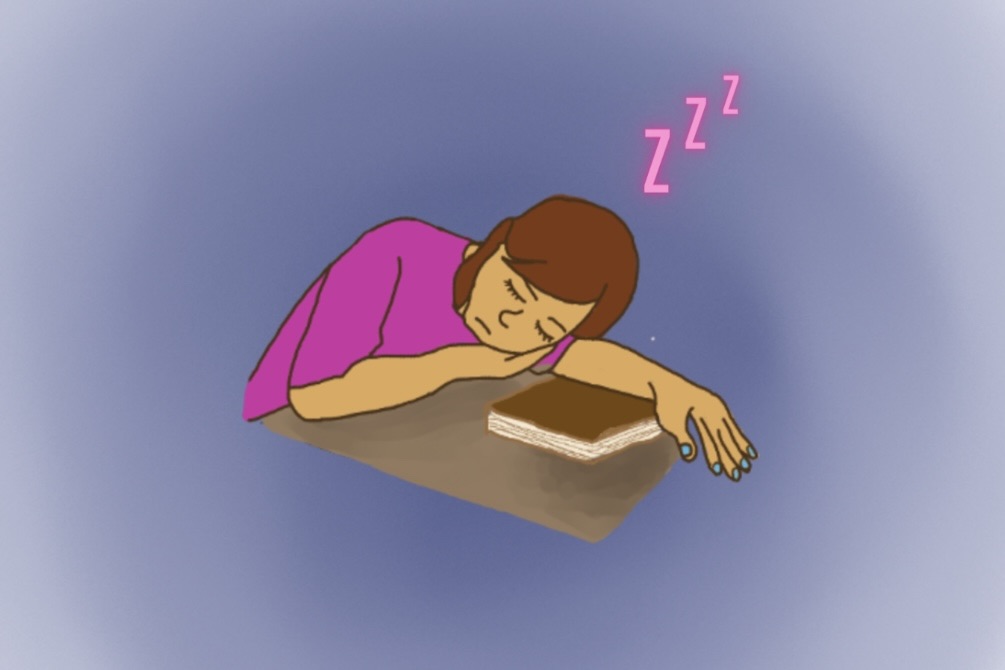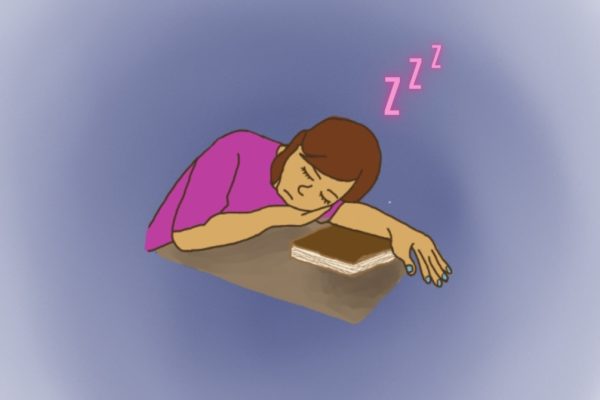Women of WSPN: The Burden of Birth Control
Credit: Elizabeth Zhong
In the latest installment of Women of WSPN, Editor Genevieve Morrison discusses the issue of contraceptives between men and women.
May 14, 2021
Every single form of possible female birth control has been exhausted. From the pill, to the shot, to the IUD to even tubal ligation. However, until recent years, the general public have only used the most noninvasive and simple male contraceptive methods, with vasectomies occurring solely in relatively rare cases. Conversely, women are always expected to be on birth control, no matter the side effects, for the peace of mind of their male partners.
In some ways, it makes sense for women to carry the responsibility of pregnancy, after all, they stand to lose the most from getting pregnant. Pregnancy wreaks havoc on the body, not to mention the emotional turmoil of either raising a child or giving it up for adoption. If you want something done, do it yourself, right? It isn’t quite that simple, though. We’ve all heard the term: “it’s better to take the bullets out of the gun than to wear a bulletproof vest.” And while it might be a little on-the-nose, it’s true. No matter how sexually active a woman is, she can only physically get pregnant once in nine months. However, a man (barring infertility) can impregnate tens, even hundreds of women in the time that it would take for a woman to carry a baby to term. If contraceptives really aim to reduce the number of unwanted pregnancies, it makes a lot more sense for them to be targeted at men.
An exciting new development in birth control arose in 2016, an injectable hormone for men that would lower sperm counts and prevent pregnancy. It seemed as if the tables were finally turning and men could share in preventative contraceptive methods. However, it was shut down in the early phases of its clinical trials because of negative side effects, the same side effects seen in female birth control: depression, mood disorders, injection site pain, libido and acne.
Let’s now explore the side effects of female birth control. The pill, for example, causes weight gain, headaches, acne, nausea, menstrual cramps, yeast infections and mood swings. In rare cases, heart attacks, strokes, blood clots and liver tumors may also occur. To be fair, there are different brands of pills with slightly different side effects, but weight gain and acne are almost a given. The IUD is a much easier option. It lasts up to 12 years and requires no maintenance. However, the negative effects are even greater than those of the pill. It’s possible to get an infection during the insertion of an IUD that can cause infertility in the future. Also, the insertion of an IUD can be extremely painful. This pain could last days and even months. Heavy bleeding is common for up to 6 months post-insertion. Both of these methods are FDA-approved.
So if the side effects are the same, then why aren’t female contraceptives taken off the shelves? The short answer is that contraceptives are extremely necessary to any first-world society. We would have a host of problems on our hands if we just got rid of all birth control with negative side effects. The longer answer is that we don’t have the same empathy for women as for men. This is not to say men have it easy, society expects a lot from men when it comes to regulating physical and mental pain. The expectations are different, however. In essentially all areas of life, men are seen as tough and strong and women as weak and sensitive. All except for “female problems.” By this, I mean any pain that comes with being biologically female. Periods, pregnancy and motherhood. Men don’t understand these issues because they will never experience them. Since they already see us as weak, any reaction to these struggles is automatically an overreaction.
Historically, the consequences of sex have been put on women’s shoulders. Some of this is biological, as pregnancy can only happen to someone with a uterus. However, societal expectations overshadow anything nature could throw at us. Despite holding half of the responsibility for sex, women are held 100% accountable. Since being sexually active is looked down upon in the first place, the sometimes dangerous side effects of birth control fall on deaf ears.
My aim is not to discourage anyone from taking birth control. It is extremely important to practice safe sex. All of the contraceptives I have mentioned are over 99% effective at preventing pregnancy. On the other hand, it is important to recognize how much responsibility for sex has fallen to women, and how much it will continue to fall to women, until men can share the burden of birth control.


























































































Abby McCarthy • May 30, 2021 at 2:47 PM
Great article!
– A WSPN alum